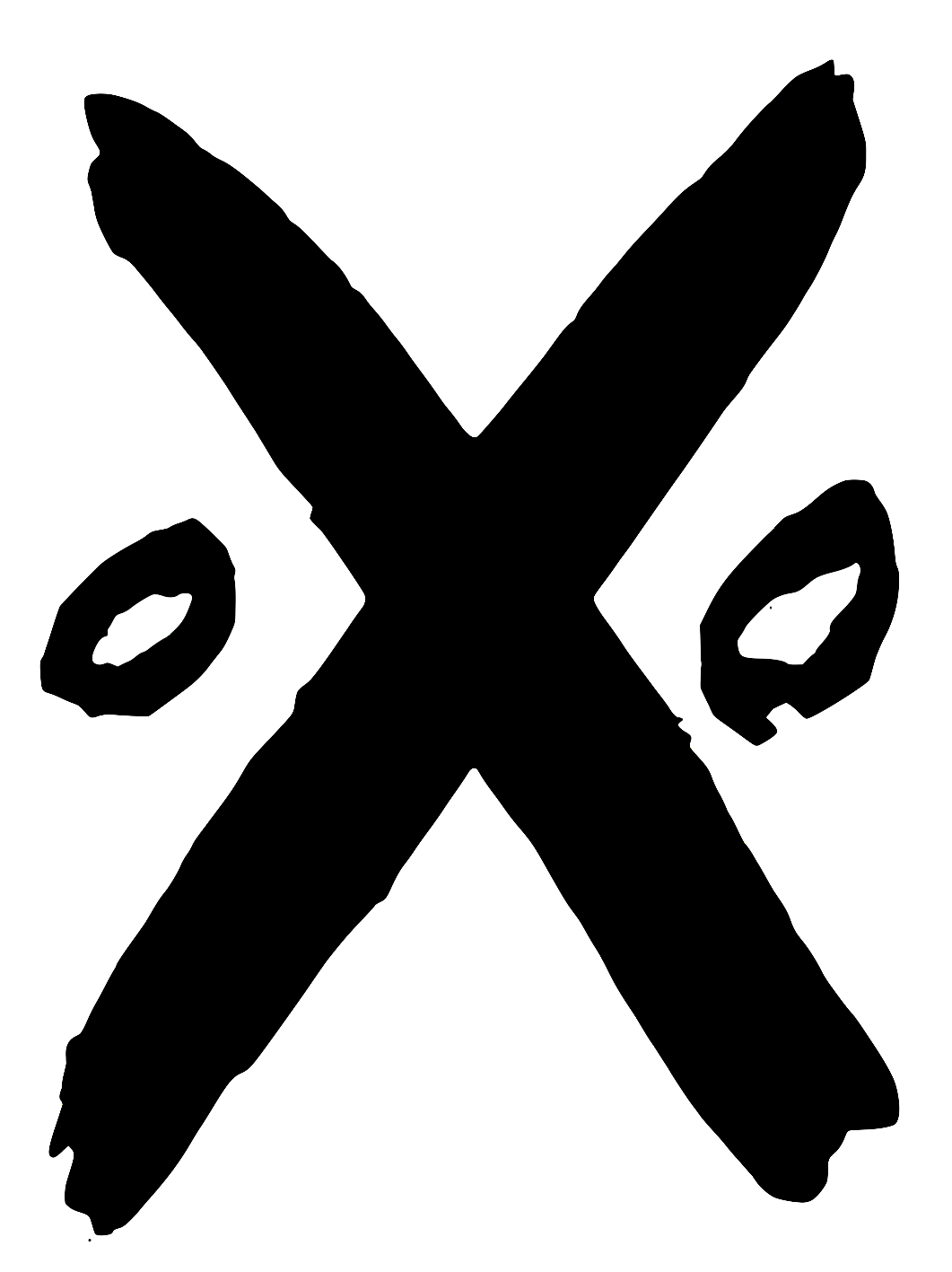Rehearsal / 32. David Keenan, Saint Bill
![]()
An excerpt from Keenan’s Volcanic Tongue: A Time-Travelling
Evangelist’s Guide to Late-Twentieth-Century Underground Music
(London: White Rabbit, 2025). Volcanic Tongue presents the first
ever collection of Keenan's music writings. Keenan has been writing
about music since publishing his first fanzine, inspired by The Pastels
and by Glasgow (and Airdrie's) DIY music scene, in 1988. Since then,
he has written about music for Melody Maker, NME, Uncut, Mojo,
The New York Times, Ugly Things, The Literary Review, The Social
and, most consistently, The Wire. ‘Volcanic Tongue’ was also the
name of the record shop and mail order that Keenan ran with his
partner, Heather Leigh, in Glasgow from 2005-2015.
![]()
![]()
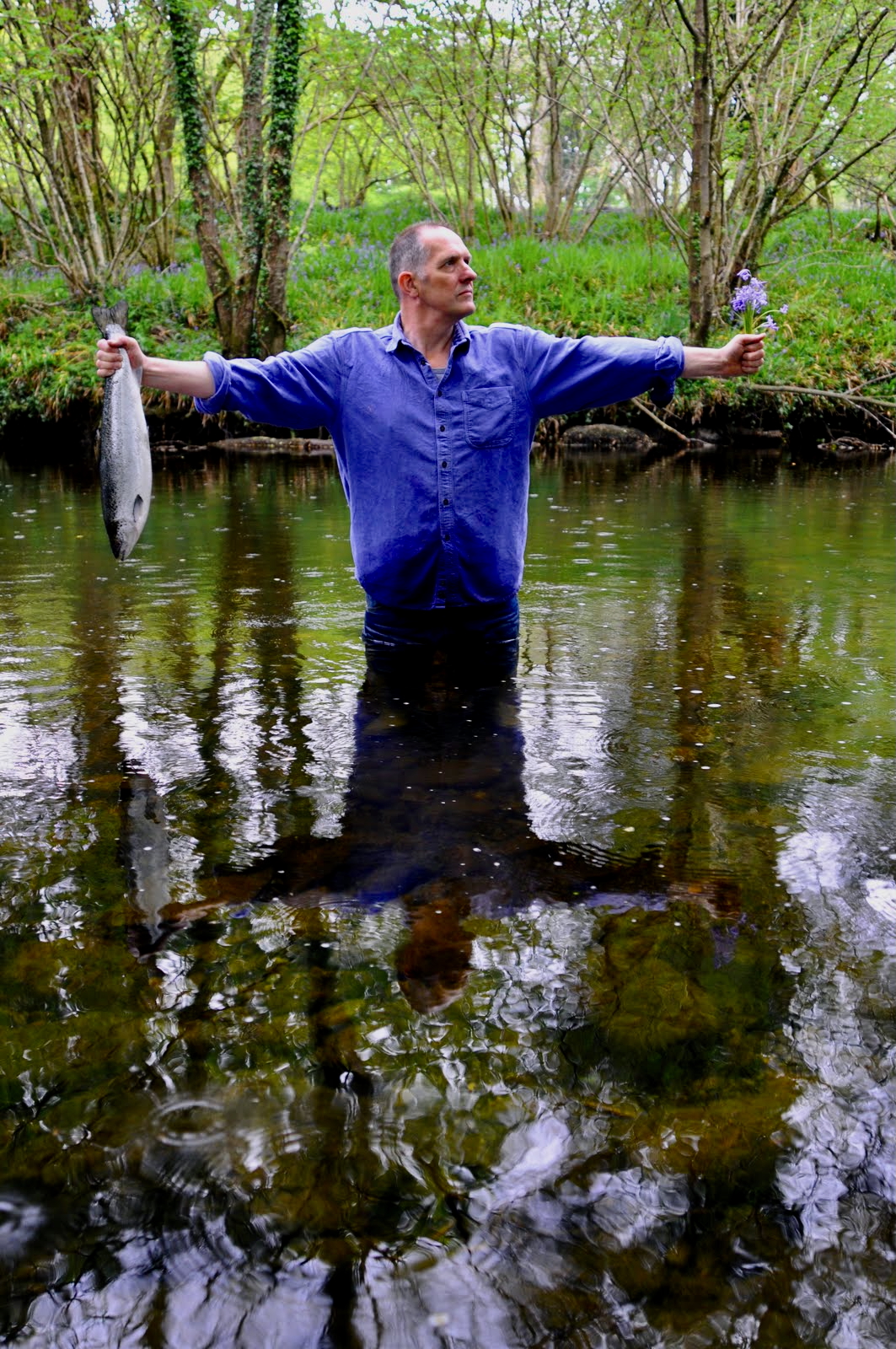
Paul Duane (Dir.), Best Before Death:
A Film About Bill Drummond, 93m (2019)
A Film About Bill Drummond, 93m (2019)
An excerpt from Keenan’s Volcanic Tongue: A Time-Travelling
Evangelist’s Guide to Late-Twentieth-Century Underground Music
(London: White Rabbit, 2025). Volcanic Tongue presents the first
ever collection of Keenan's music writings. Keenan has been writing
about music since publishing his first fanzine, inspired by The Pastels
and by Glasgow (and Airdrie's) DIY music scene, in 1988. Since then,
he has written about music for Melody Maker, NME, Uncut, Mojo,
The New York Times, Ugly Things, The Literary Review, The Social
and, most consistently, The Wire. ‘Volcanic Tongue’ was also the
name of the record shop and mail order that Keenan ran with his
partner, Heather Leigh, in Glasgow from 2005-2015.
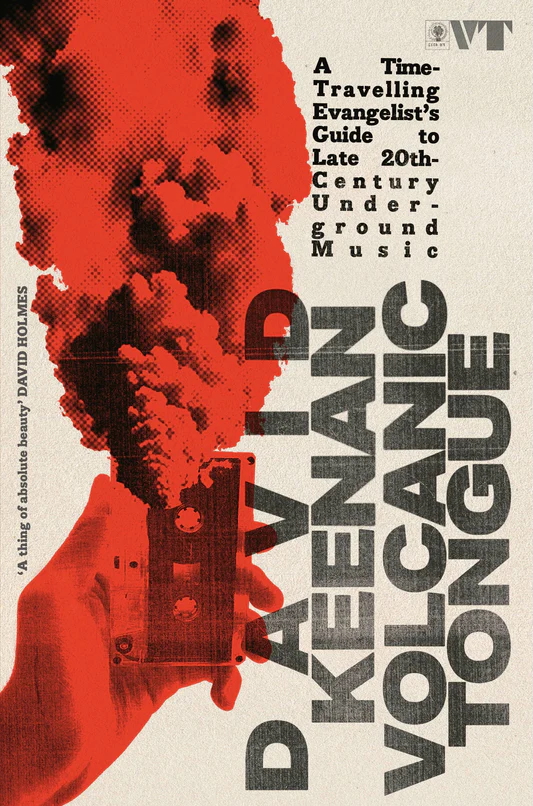
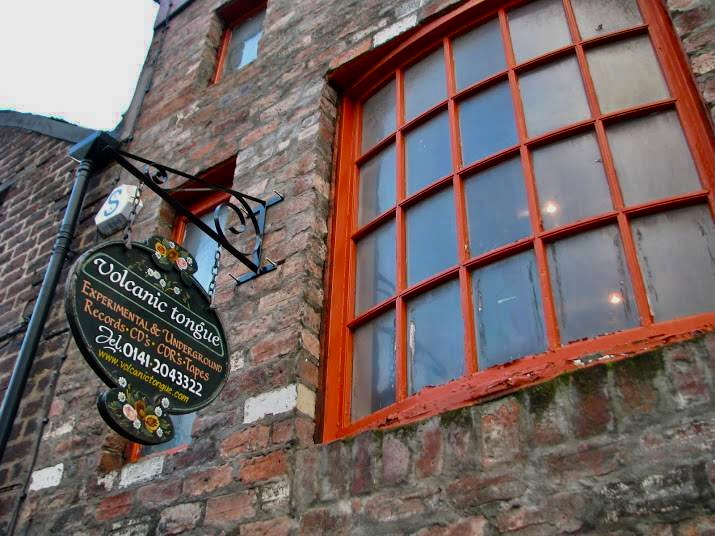
Bill Drummond is Best Before Death (MMXIX)
Best Before Death:
A Film About Bill Drummond
Director, Paul Duane
Producer(s), Robert Gordon
Finlay Pretsell
& Andrew Starke
Camera, Patrick Jordan
Robbie Ryan (2019)
A Film About Bill Drummond
Director, Paul Duane
Producer(s), Robert Gordon
Finlay Pretsell
& Andrew Starke
Camera, Patrick Jordan
Robbie Ryan (2019)
Not everything is best before death. Poetry, for instance, often improves, as do 7” singles. But life, for the living, is always best right now, with death’s shadow to thicken the plot, and, if you’re lucky, seventy-two years to enjoy it. The magician Aleister Crowley died when he was seventy-two. Confucius, Walt Whitman, Schopenhauer, Levi Stubbs, Gertrude Stein, Pol Pot, and Bill Drummond’s grandfather, too.
There are many ways to mark seventy-two years. Shining shoes, baking random cakes for strangers, assembling a bed frame at the side of the road; these seem saintly activities with which to mark the passage through time. A saint is an incomprehensible passage through time.
I recall being on a panel about music and commerce—I think, it might have been—at an impressive art institute in Vienna, alongside Bill Drummond and a couple of uptight classical music squares. Inevitably, with Bill in the room, the conversation turned to him and Jimmy Cauty’s burning of a million quid. One of the squares had this long, convoluted theory about how Bill had burnt the money to protest the spectacularisation, and rampant monetisation, of modern art. But Bill just shrugged. I have no idea why I did it, he said. I’m still trying to figure it out.
Bill, truly, is a modern day saint, and saints, most of all, remain incomprehensible to themselves. As he says himself, why, where, what and when are the handmaidens of evil, of Satan.
The deeds, the works, the paintings—I can’t bring myself to say the performance art—of Bill Drummond, are as baffling, as unfathomable, and as instantly recognisable as miracle, as any of the feats described in the Bible. Fully alive to all the possibilities that death, that the ending of our activities, gifts us.
Bill carries his father’s Bible with him when he works. You have to have a Bible with you, he says. His father was a Presbyterian minister. Biblical stories resonate in me, Bill says. This is religious rite as performance: Bill, stood in the Ganges, in the stance of a crucified God. I don’t know if I’ve got the bottle to do this, he confesses.
Bill is working in an age where the high shamanism of art, the ability of the artist-saint to re-enchant the world as it is, and to re-see it as it is, as being an adventure, a show, a dare, a game, has been ceded to mere ‘art-as-critique.’ It’s so hard to say yes. So easy, so comforting, to say no. Best Before Death is an attempt to say yes. It is curious about all the affirmative possibilities of the moment.
A ritual is a re-enactment of elemental forces, as elemental stories, and a redeeming of the life power in a way that makes it newly readable to ourselves, we who are this life power, and so often cannot see it for getting in our own way. One way of being completely present is to make your own bed. As the old Zen parable goes: When you are sitting, sit, when you are walking, walk, when you are making a bedframe, make a bedframe. Above all, don’t wobble. If you can explain it, it just becomes an understandable thing, Bill says, like an old Zen master. And more gnomic, still: The bridge is only as long as the bridge.
But of course Bill wobbles. Reality is wobbly, and wiggly, and we are too. There are moments in this film where you realise that the true sainthood is not to be brave, or never to doubt, rather, it is to walk through doubt, and into life. In Kolkata, where it quickly becomes clear that the people have no shoes on their feet to shine, Bill starts to become uncomfortable with just what he is doing and, perhaps, the presumptions he has imported to the situation.
Meeting strangers is harder than ever these days. Initial meetings take place online, with an upfront profile to match. Talking to people at random, in the street, often casts you as crazy, or desperate, or just out of touch with the new rules. Knocking on a door in America in order to present a stranger with a cake is to take your life into your own hands, all seventy-two years of it. Here even a knitting circle seems like a brave return to basic primate behaviour, to what we need as human beings, together, the shared physical experience of each other, the disinterested concern. The meaning, the content, is life, conversation, dreams, births, deaths, sleeping, loving. The art is the dreams dreamt in the bed, Bill says. The bed is not the art, it is the life of the bed.
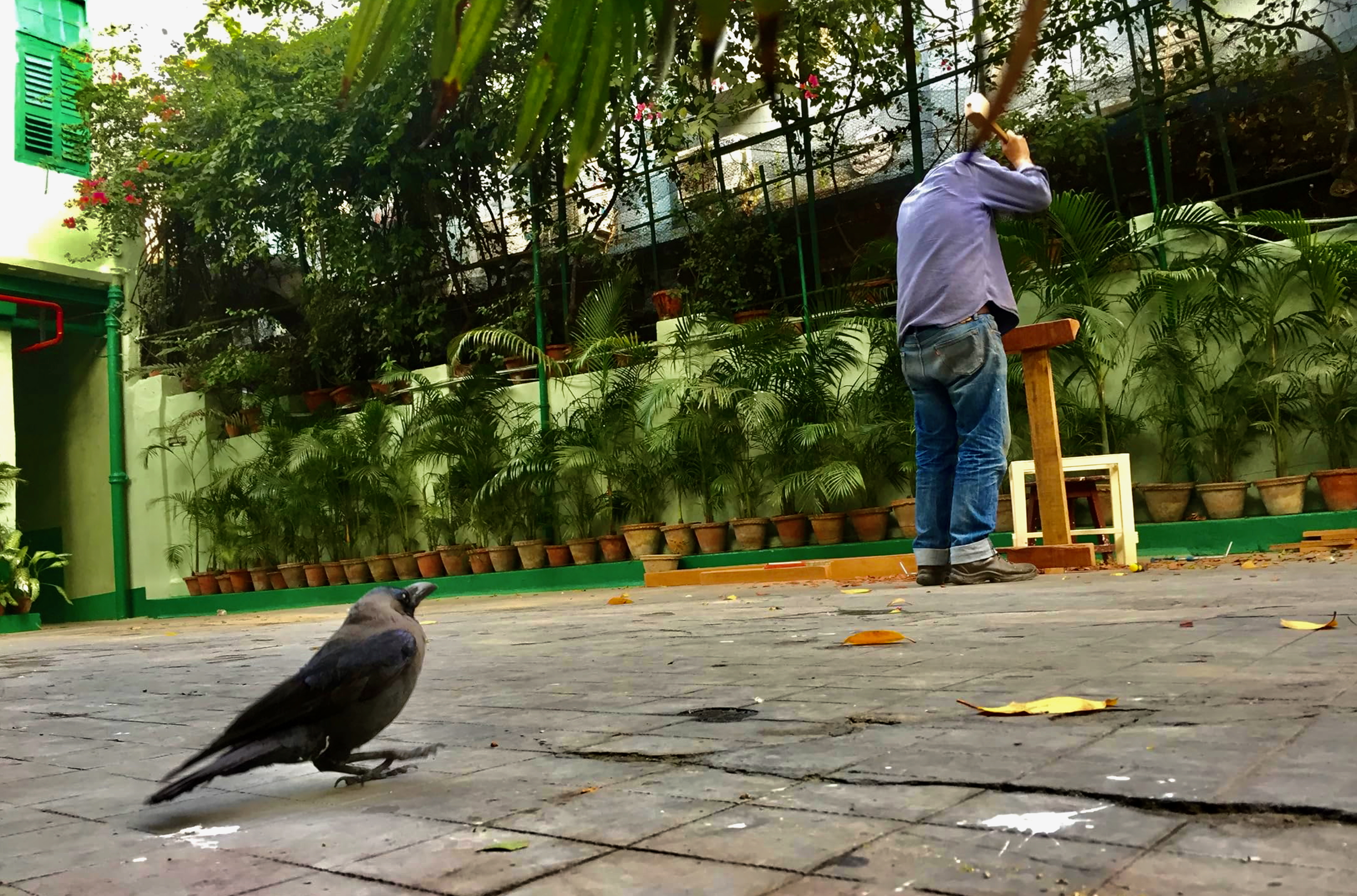
Paul Duane (Dir.), Best Before Death:
A Film About Bill Drummond, 93m (2019)
A Film About Bill Drummond, 93m (2019)
Bill uses intuitive magick as a way of focussing, and grounding, his works, these saintly works that, it’s true, cannot be monetised, in terms of the art world, but then he has no relation, really, not even a negative one, to the art world. Bill’s background in pop and alternative rock taught him the primacy of energy, and the best conduits for these kind of radically affirmative energies, and he has long operated from a DIY, get in the van, play for the door money, perspective. His old bud Julian Cope would often talk about ‘the metaphor’, how the metaphor had to be right down to every last detail. Because if the operative doesn’t believe, then the powers themselves remain unconvinced. Bill talks about making soup, comparing it to communion wine. I hold it, he says, it’s me who needs to carry it, to chop it, to cook it.
His rapport with artist and photographer Tracey Moberly is a delight throughout. They’re like an odd sit-com couple. Tracey asks him why he can’t just get a power screwdriver to screw in the bedframe properly. Why not just go buy a bed? he responds. She wonders about a crow sat still on the floor the entire time: like, if you picked it up and threw it, would it go? The way she reads the words ‘spilt seed encrusted sheets and all’.
Bill draws a circle on the map to discover the territory, literally reframing it. The Lexington Cake Circle, the Kolkata Cake Circle, are completed sculptures, in time. He sets up a shoeshine stall on the same steps in Lexington where slaves were sold and where he remembers, as a ten year old kid, seeing black men touting for work. He bangs a drum, along the main street of a deserted village, in the middle of the night. Who was that man, that night, banging that drum, once, at all hours, for no one?
Best Before Death asks, who was that man? As such it is a document of a spiritual quest, a spiritual quest that is earthed in interactions with random human beings (or does Bill’s circling, his plotting, make them ineluctable, fixed parts?), a spiritual quest that is not rarefied, that is not predicated on some kind of withdrawal to a higher plane of the world, but that is out there, in the mess of the world. And also, perhaps, by revisiting these key spots in his life—Bill always picks cities to work in that have some kind of personal connection for him—there may be a way of redeeming the mess of his own life, his relationship to the four mothers of his seven children, his relationship with his father, his guilts and regrets, too, perhaps these can be partway redeemed through the altruistic giving of ritual.
I identify with the crow, Bill says. Flying in a straight line across the sky. Everywhere he goes on his world tour, he looks out for fortuitous meetings with musicians, who he then has perform a version of ‘True To The Trail,’ a song that appeared on his 1986 album, The Man. True, now, not to happiness, but to the pursuit of the straight line, the way through, that leads, perfectly, ineluctably, from birth to death, and where the art is the dreams dreamt, along the way.
David Keenan is the author of six critically acclaimed novels: the cult classic, This is Memorial Device (Faber & Faber, 2017), which won the London Magazine Prize and was shortlisted for the Gordon Burn Prize; For the Good Times (Faber & Faber, 2019), which won the Gordon Burn Prize and was shortlisted for the Encore award, Xstabeth / The Towers The Fields The Transmitters (White Rabbit, 2020) which was shortlisted for the Dublin Literary Award; Monument Maker (White Rabbit, 2021), which was a Rough Trade Book of the Year and Industry of Magic & Light (White Rabbit, 2022). He is also the author of England’s Hidden Reverse (SAF, 2004 / Strange Attractor, 2023), a history of the UK’s post-punk and Industrial music scenes. He has been writing about music since he was 17 years old, most consistently for The Wire, and between the years 2005 and 2015 he co-ran the cult Glasgow record shop Volcanic Tongue.

